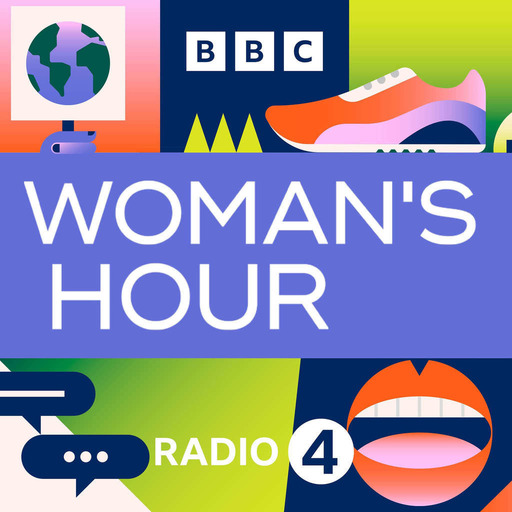Despite a long and courageous history of female spies, the UK's secret intelligence agencies - MI5, MI6 and GCHQ - are still overwhelmingly dominated by men. The head of GCHQ, Jeremy Fleming, has committed his agency to up its efforts to 'attract talented women' as part of a wider focus on increasing diversity and inclusion. But will more women in the intelligence services make us safer? Not necessarily, says Sally Walker, who was until recently one of the most senior women at GCHQ and the creator of the UK's National Cyber Force. She talks to Emma about her take on diversifying the world of spies, and what's really needed to keep us safe from the constant, often invisible threats to the UK's national security.
This week we're allowed to do more and more, as lockdown eases further. Hug with caution, have a meal inside a restaurant, a drink inside a pub and go to the theatre. One theatre that pulled up the curtain last night is the Bush Theatre in London with a play called Harm. It's a monologue, and the actress who carries it is Kelly Gough. She joins Emma to explain how it felt after such a long imposed break from treading the boards.
A 29 year old Scottish law student says she’s being investigated by her University because of comments she’s made about men and women. In her University lectures - done online - she's said women are weaker than men, and women are women because they have reproductive organs. Lisa Keogh is in her final few days at Abertay University in Dundee where she's been studying law for four years. She speaks to Emma.
The number of children in care in England is at its highest since 1985 and it's rising. A mother's addiction to drugs and alcohol is often one of the issues and domestic violence is a factor in many cases. The reporter and DJ Milly Chowles became a mum at 40 last year, she’s in recovery from addiction and feels she was given lots of chances to change. Her fear is that women now aren’t getting those opportunities and the impact on them, their children and society is devastating. Today, the story of a woman who has come full circle - there are references to suicide.
Back in March 2020, during the first lockdown, abortion regulations were relaxed in England, Scotland and Wales to allow telemedical early medical abortion care, before ten weeks’ gestation. This has meant that women have been able to continue to access abortion care during the pandemic by having medication posted to them following a telephone consultation with a qualified nurse or midwife. And more than 100,000 women have done so. Before this women had to go to a clinic for a face-to-face consultation before an early abortion. Charities and medical bodies working across sexual and reproductive health have now signed an open letter to Health Secretary Matt Hancock, calling for these temporary measures to be made permanent in England. Lesley Regan, Past President of the Royal College of Obstetricians and Gynaecologists, and signatory to the letter, joins Emma to discuss.


 Replay
Replay











